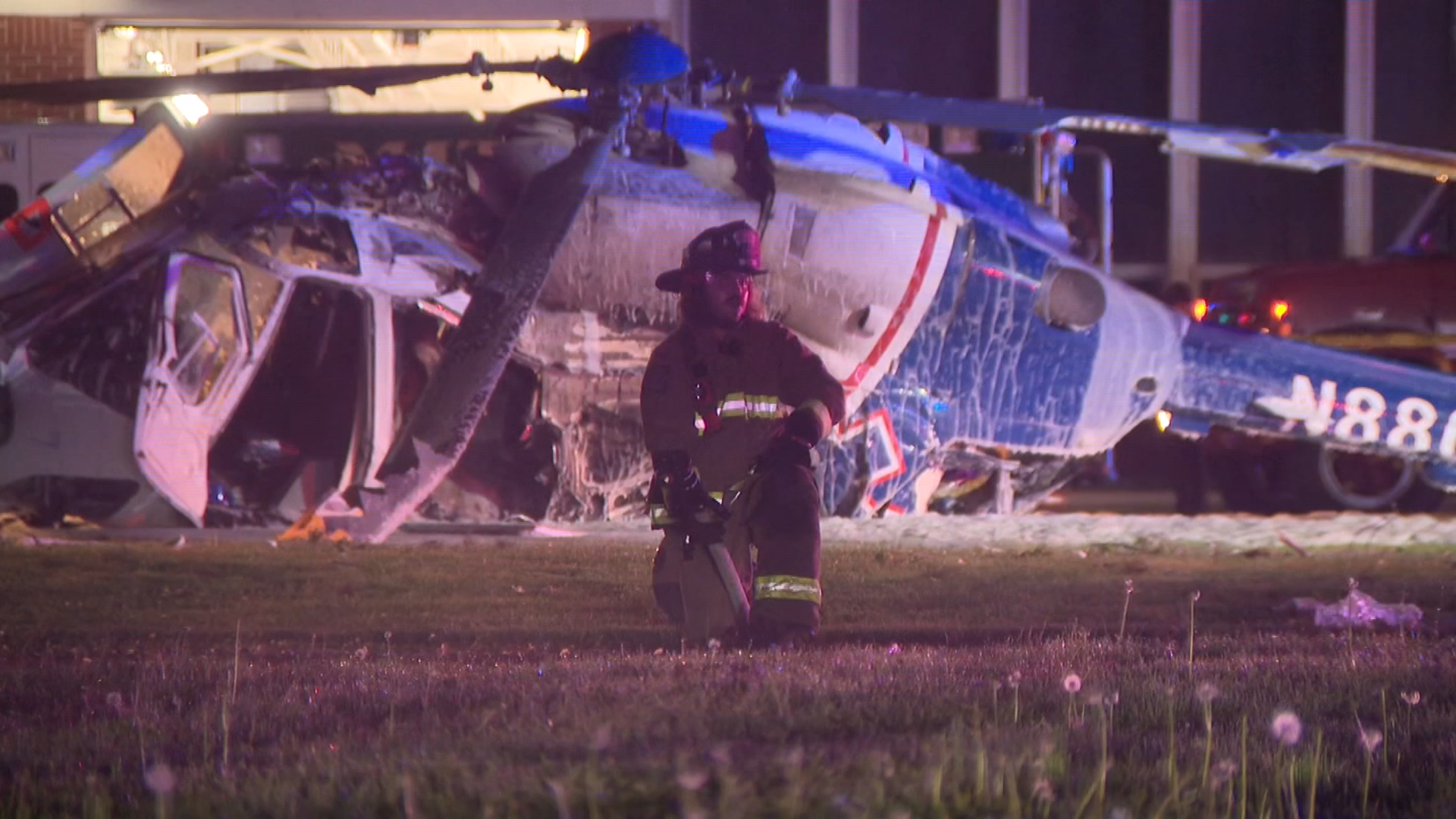A solar storm triggered the outburst of auroras in at least 30 states.
After earlier predictions that 17 states could catch a glimpse of the Northern Lights this week, it appears forecasts have changed.
The "auroral activity" that was projected to be high thanks to an upcoming powerful solar storm has now been downgraded.
An earlier forecast from the University of Alaska Fairbanks Geophysical Institute predicted aurora activity on Thursday in Alaska, Oregon, Washington, Idaho, Montana, Wyoming, North Dakota, South Dakota, Minnesota, Wisconsin, Michigan, New York, New Hampshire, Vermont, Indiana, Maine and Maryland.
"Auroral activity will be high(+)" the institute said. "Weather permitting, highly active auroral displays will be visible overhead from Inuvik, Yellowknife, Rankin and Iqaluit to Vancouver, Helena, Minneapolis, Milwaukee, Bay City, Toronto, Montpelier, and Charlottetown, and visible low on the horizon from Salem, Boise, Cheyenne, Lincoln, Indianapolis and Annapolis."
The initial prediction from the Geophysical Institute was based on the National Oceanic and Atmospheric Administration's Space Weather Prediction Center's 27-day outlook that had a Kp 6 forecast for Thursday’s storm.
The Kp, a geomagnetic index, ranks auroral activity on a scale from zero to nine, with zero being not very active and nine being bright and active.
However, an updated three-day forecast, considered more reliable due to its proximity to the atmospheric event date, has the Kp index topping out under 4, which isn't sufficient to produce a light show that would be visible in the continental U.S.
Local
The Northern Lights, also known as aurora borealis, is the colorful sky show that happens when solar wind hits the atmosphere.
Northern Lights, also known as aurora borealis, are most often seen in Alaska, Canada and Scandinavia, but an 11-year solar cycle that’s expected to peak in 2024 is making the lights visible in places farther to the south. Three months ago, the light displays were visible in Arizona, marking the third severe geomagnetic storm since the current solar cycle began in 2019.
Feeling out of the loop? We'll catch you up on the Chicago news you need to know. Sign up for the weekly Chicago Catch-Up newsletter.



